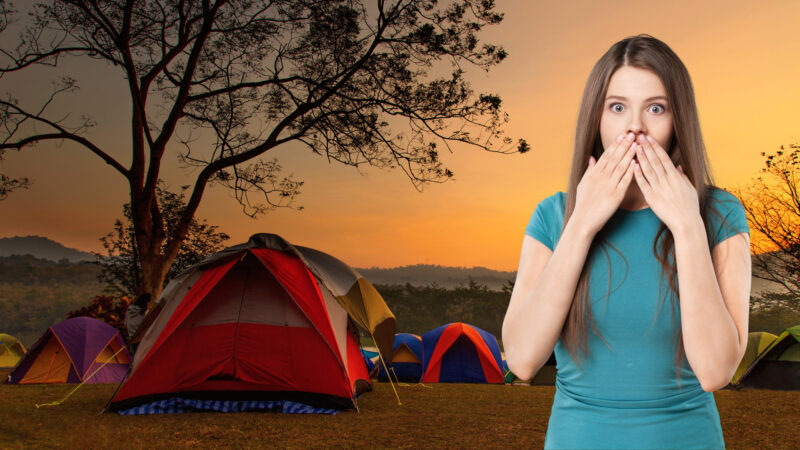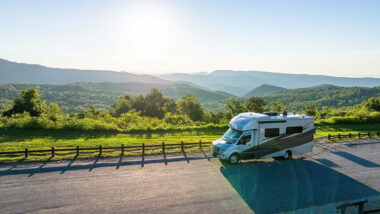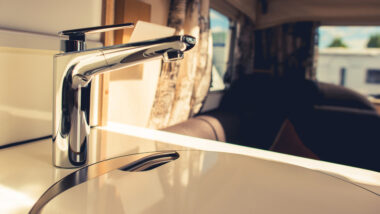Table of Contents Show
Camping has recently gained popularity and, as a result, campgrounds have heavier usage. Unfortunately, not everyone’s camping trips go as planned, and injuries can occur. But who is responsible for those injuries? Can you sue a campground if you get injured on their property?
A couple of legislative bills in the Sunshine State aim to provide campground operators with legal immunity from lawsuits. Is this a good or bad idea? Let’s find out.
Are Campgrounds Responsible for Injuries?
Like any business or establishment, campgrounds can be responsible for injuries that occur on their property. They must maintain their property and facilities for a reasonable expectation of safety. They’re also accountable for warning campers about the hazards or inherent risks.
A campground could be responsible for injuries if a camper can prove the campground has been negligent with maintenance, failed to warn them, or did not provide adequate security.
However, the burden of proof typically lies with the injured party to prove that the establishment failed to maintain a reasonable expectation of safety.
Unfortunately, we’re not legal experts. If you get hurt at a campground or other establishment, consult with an experienced personal injury attorney. They can help you determine your legal rights and the best options for moving forward.
What Is Florida’s HB 1323?
Florida’s House Bill 1323 revolves around “private campground liability.” The Private Campground Liability law offers civil liability protection to private campground owners and certain employees in the event of injury or death caused by the inherent risks of camping.
The law mandates that private campground operators provide notice of the inherent risks and include this notice in written contracts. Additionally, to qualify for immunity under the law, private campground operators must comply with specific requirements to qualify.
According to WLRN news, “‘Passing this bill is not going to result in campground owners suddenly wanting to throw you in holes, feed you to wild animals, let you fall into hornet’s nests and so on,’ bill sponsor Dean Black, R-Jacksonville said. ‘It will restore sanity to camping. It will protect camping.’”
The bill was filed at the beginning of March 2023 and moved through subcommittees throughout the month. On March 29, the bill was added to the Judiciary Committee’s agenda for review. We’ll see if it’ll pass and become law.
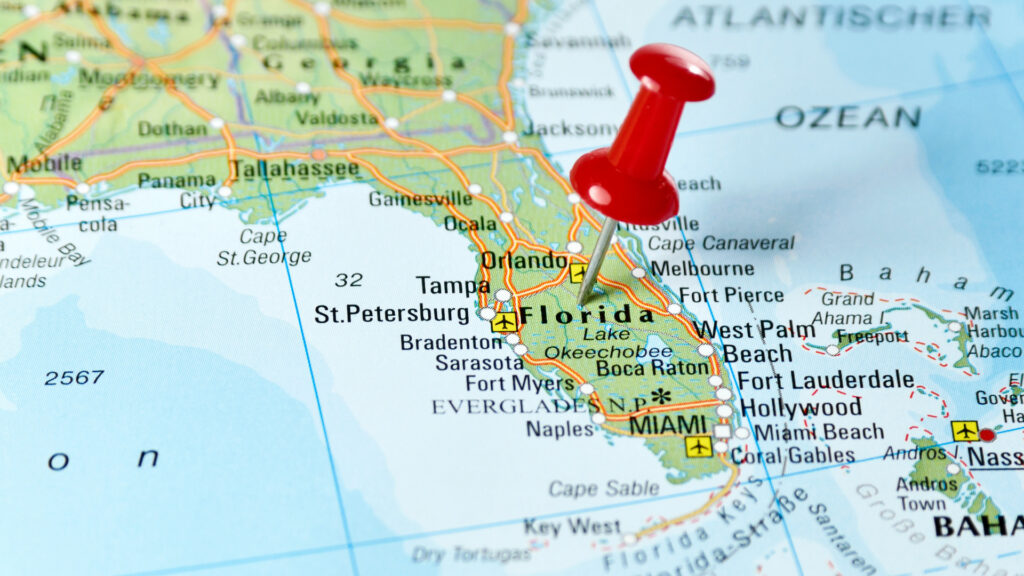
What Is Florida’s SB 1054?
Florida’s Senate Bill 1054 is very similar to House Bill 1323. However, it was introduced by Republican Senator Alexis Calatayud. Rep. Daryl Campbell told the Holmes County News the bill aims to take “responsibility off the camp owners.” However, Senate committees have yet to hear it.
In general, the Private Campground Liability law grants protection to private campground owners and specified employees in case of injury, death, or property damage resulting from the inherent risks of camping. However, exceptions exist in some limited cases.
To comply with the law, private campground operators must display and maintain warning signs and enter into written contracts that meet specific requirements outlining the inherent risks of camping.
Immunity under the law only applies if the private campground operators, owners, or employees comply with certain requirements.
Are Injuries Common While Camping?
Do accidents and injuries happen while camping? Absolutely. However, camping is a relatively safe activity to enjoy. Injuries occur more often when people engage in physical activities. Any outdoor activity will come with risks.
Common camping injuries include falls, burns, cuts, scrapes, and insect bites. While it’s possible to mitigate some risks, it’s simply not possible to eliminate them all. To maximize your safety while camping, take the proper precautions and regularly maintain your gear and equipment.
What Are the Dangers of Camping?
Some inherent dangers exist for individuals that enjoy camping. Unless you want to visit the local emergency room during your camping adventure, you’ll want to remain aware of them.
Let’s dive in and see what specific risky situations require extra attention when camping.
Weather
It’s no secret that the weather can change quickly. However, when camping, the weather seems to change much faster than usual.
Thunderstorms, high winds, and other extreme weather conditions can quickly turn dangerous. Before you know it, you could find yourself over your head or in a hazardous situation.
When camping, it’s important that you continually monitor the weather. You should have a plan for any sudden changes and know where to seek shelter if necessary.
Furthermore, having location-based weather alerts on your phone can help when camping in a location with cell signal coverage.
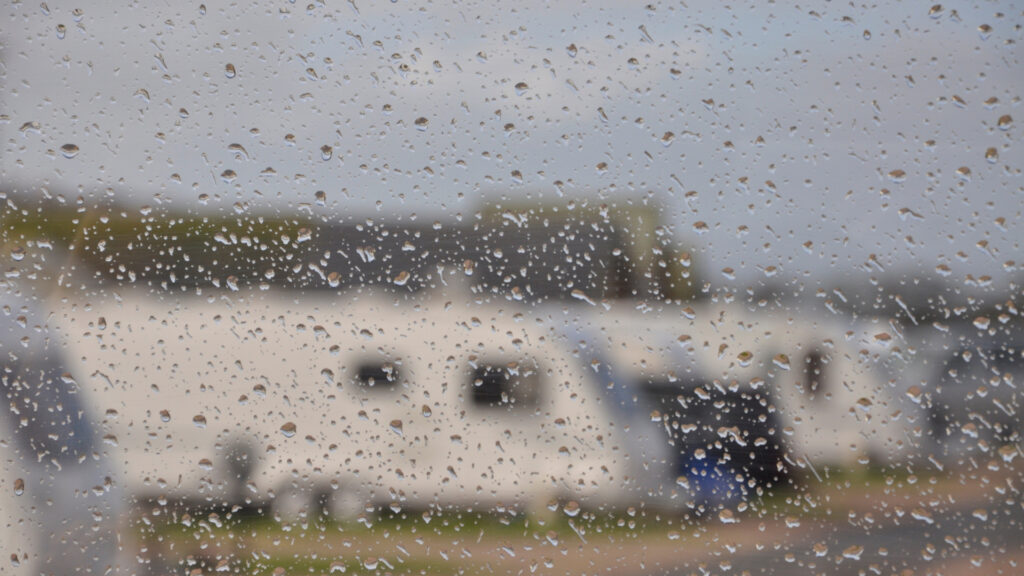
Wildlife
Spotting wildlife can be fun, exciting, and memorable. However, you should keep your distance from any wildlife that you encounter. It’s a good idea to familiarize yourself with the wildlife in the area so you know what to expect and the precautions you should take.
If camping in bear country, store your food appropriately, make plenty of noise, and carry bear spray with you. Always keep your pets leashed to help them avoid any encounter with wildlife.
Additionally, never feed any animals, no matter how cute or harmless they look. Wild animals fed by humans can become aggressive and reliant on humans.
Campfires
What’s camping without a campfire? However, campfires can be incredibly dangerous for everyone. Before building any fires, check for any fire restrictions. Ignoring these restrictions can result in hefty fines. We’ve heard of individuals facing fees upward of $5,000 for violating restrictions. Yikes!
Everyone must keep a safe distance if you have a campfire at your campsite. It could be easy to trip and fall into the fire, which is just about as pleasant as it sounds.
Additionally, you want to avoid wearing any loose clothing around the fire. You could easily get too close, and it could errantly catch fire.
It’s a good idea to have the proper equipment to put out a fire should it get out of control. A fire extinguisher, water, and a shovel can all do the job. Have multiple tools at your disposal and ensure you completely extinguish the fire before leaving your campsite or going to sleep.
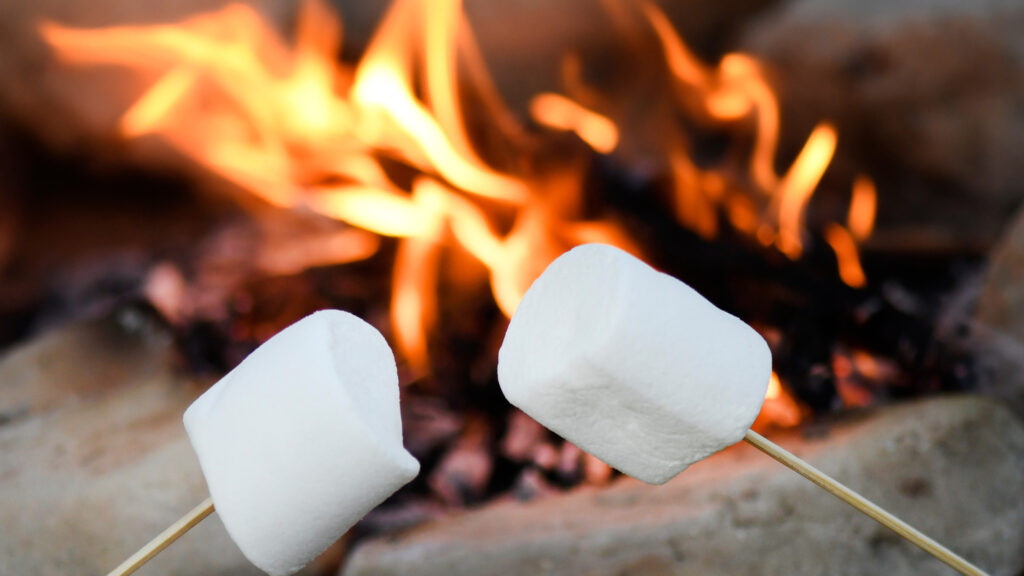
Falls and Injuries
Falls and injuries can occur during a hike or stroll through the campground. This is typically the result of navigating uneven terrains. Wear proper footwear for hiking, walking, or whatever activity you enjoy.
One of the easiest times to fall is when walking or navigating a campsite at night. Have a flashlight, headlamp, or a good light source to light your walking path. You don’t want to trip over a tree root or any item you’ve left on the ground.
Additionally, you’re more likely to fall or have trouble with your balance intoxicated. Always drink responsibly when camping.
Keep in Mind: Stay safe while hiking with these safety tips that could literally save your life!
Water Hazards
Some campgrounds consider their waterfront sites to be premium. However, they come with many dangers that some easily overlook. If you are in one of these sites with children, you must supervise them at all times. It only takes looking away or getting distracted for a few seconds for some children to get dangerously close to the water.
Additionally, those campgrounds that have lake access will often have swimming areas. However, you must be aware of any harmful bacteria or parasites in the water. Don’t ignore signs that warn against dangers lurking in the water. Always follow the rules concerning water hazards.
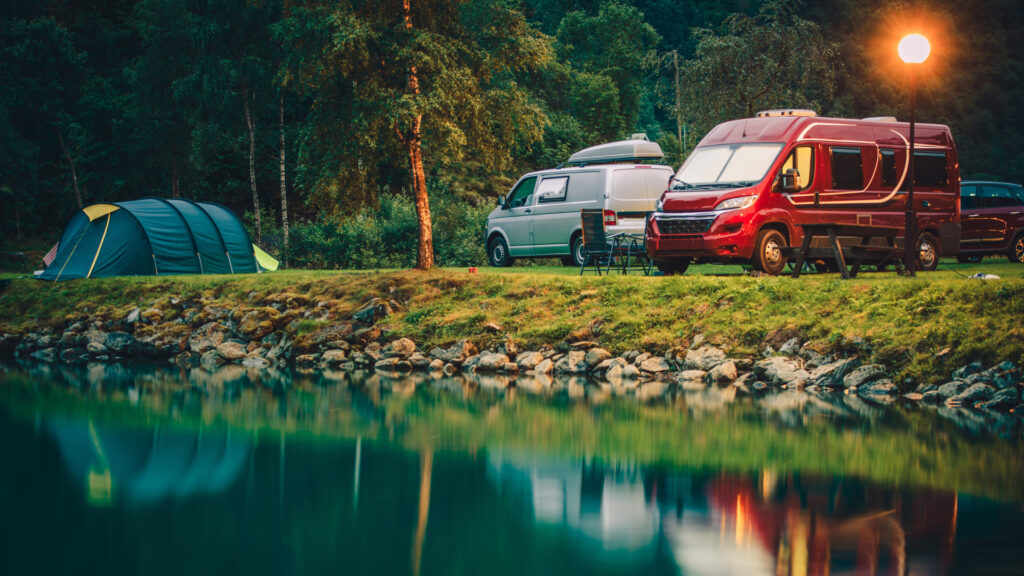
Equipment Malfunctions
Equipment malfunctions are another common danger while camping, especially if you need to maintain your gear and equipment. You should always check your equipment before using it. Failing to do so can reduce the life of your equipment and increase the chances of injury.
It’s also important that you follow the instructions from the manufacturer. Misusing or improperly storing equipment increases the chances of a malfunction. It can also reduce the life of the gear and equipment.
Crime
While camping is a relatively safe activity to enjoy in terms of crime, some potential dangers do exist. You must research a campground before making a reservation. Campendium is our go-to resource when making a reservation at an unfamiliar campground.
Lock up your valuables no matter how safe or sketchy the campground feels. Use the locks on your storage compartments and keep your belongings out of sight. You don’t want to make yourself an easy target.
Personal protection is entirely up to you and the laws where you camp. However, plenty of campers carry self-defense tools like pepper spray in case of an emergency. No matter what you choose to use to protect yourself, know when and how to use it.
Keep in Mind: We’ve thankfully never had anything stolen while camping. However, you should consider Locking your RV Surge Protector so it doesn’t get stolen!
Should Campers Worry About These Bills?
Thankfully, most campers have nothing to worry about regarding these potential future laws. Neither one gives campground operators true legal immunity. They must meet specific requirements to claim immunity and specifically warn you of the dangers.
However, if you ignore the warnings, that’s on you and not the campground. Thoroughly read the rules, regulations, and notices when registering at a campground. This can help you know what you agree to when signing your name.
Do you think campgrounds should get legal immunity from certain camping liabilities?




